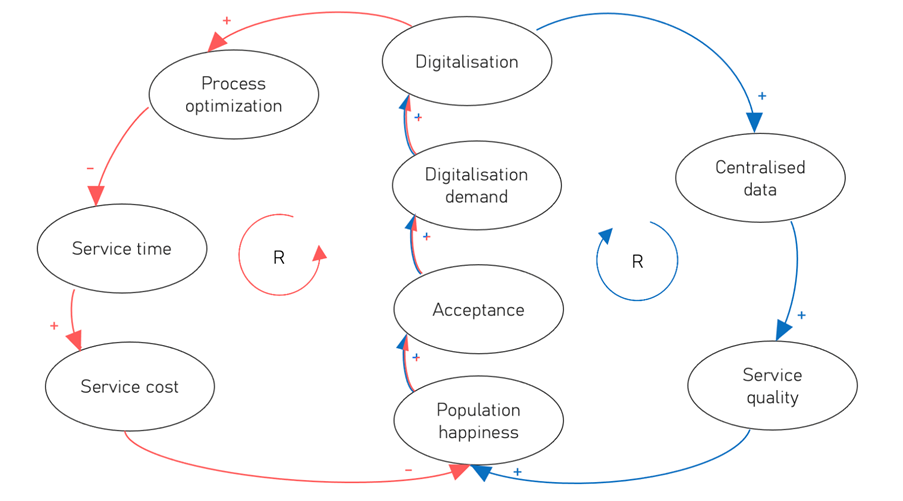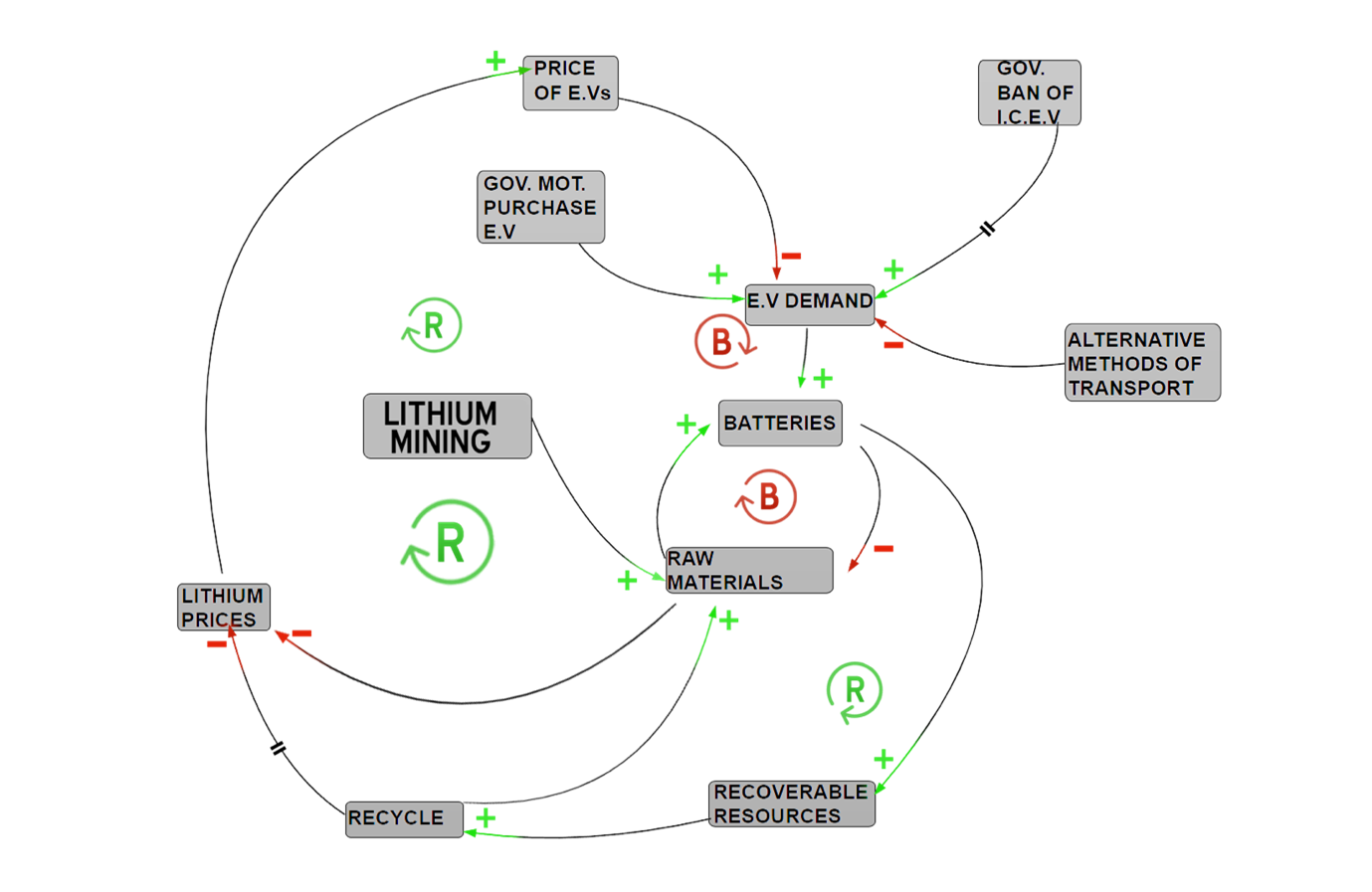The SYSTEMA course was an elective at the Department of Business Administration for the Spring Semester of 2022. It was available for both Greek and Erasmus+ students of the Department since the course was taught in English.
Overall 40 students were registered for the course (both Greek and E+ students) and the lectures covered the following:
1) 4 Lectures on the Theory of Systems Thinking
2) 4 Lectures on Digital Transformation and how Systems Thinking can assist it
3) 4 Lectures on Sustainable Development and how Systems Thinking can assist it
As is typical in Greek Universities, the students had to take an exam at the end of the semester. This exam was also used as an evaluation to understand how well the students understood the material. However, the students were also given the opportunity to make a small project that would account for 30% of their final mark.
The project would be focused on an issue of either Sustainable Development or Digital Transformation and the students would have to develop a Causal Loop Diagram to understand the specific issue.
Overall, 6 teams were formed (1 or 2 students) and decided to do this small project. The themes of the projects were the following:
1) How online sales can affect the operations of a small retail store (Digital Transformation)
2) How the operations of a public service would be affected by the removal of all paper/documents and the introduction of online services (Digital Transformation)
3) The effects of an emission based tax on the car fleet (Sustainable Development)
4) E-government: Digitalization of the Public Sector (Digital Transformation)
5) Photovoltaic Systems: Impact on occupational health, the environment and Society (Sustainable Development)
6) Electric vehicles and circular economy (Sustainable Development)
As it can be observed, the themes were equally divided between Sustainable Development and Digital Transformation and covered a variety of issues. For example, in one of the projects that dealt with Digital Transformation in the Public Sector, the students attempted to incorporated into a Causal Loop Diagram the principles that were declared at an EU level and how that would affect the Quality of Life of European Citizens. Part of the diagram can be seen in the figure below:

In one of the projects that dealt with electric vehicles, the students attempted to capture the system of lithium batteries and their effects in the transportation and mobility of people. Part of the diagram is presented in the figure below:

Thus, it can observed that the students showcased a high level of maturity on their choice of a project and their approach to construct a Causal Loop Diagram. Systems Thinking, System Dynamics and Causal Loop Diagrams are not only robust methodologies, but they can act as meaningful communication tools that help people to understand complex issues. All the partners at the SYSTEMA project believe that the SYSTEMA course (to be released imminently) can help even more decision-makers to take robust decisions for their organizations.

